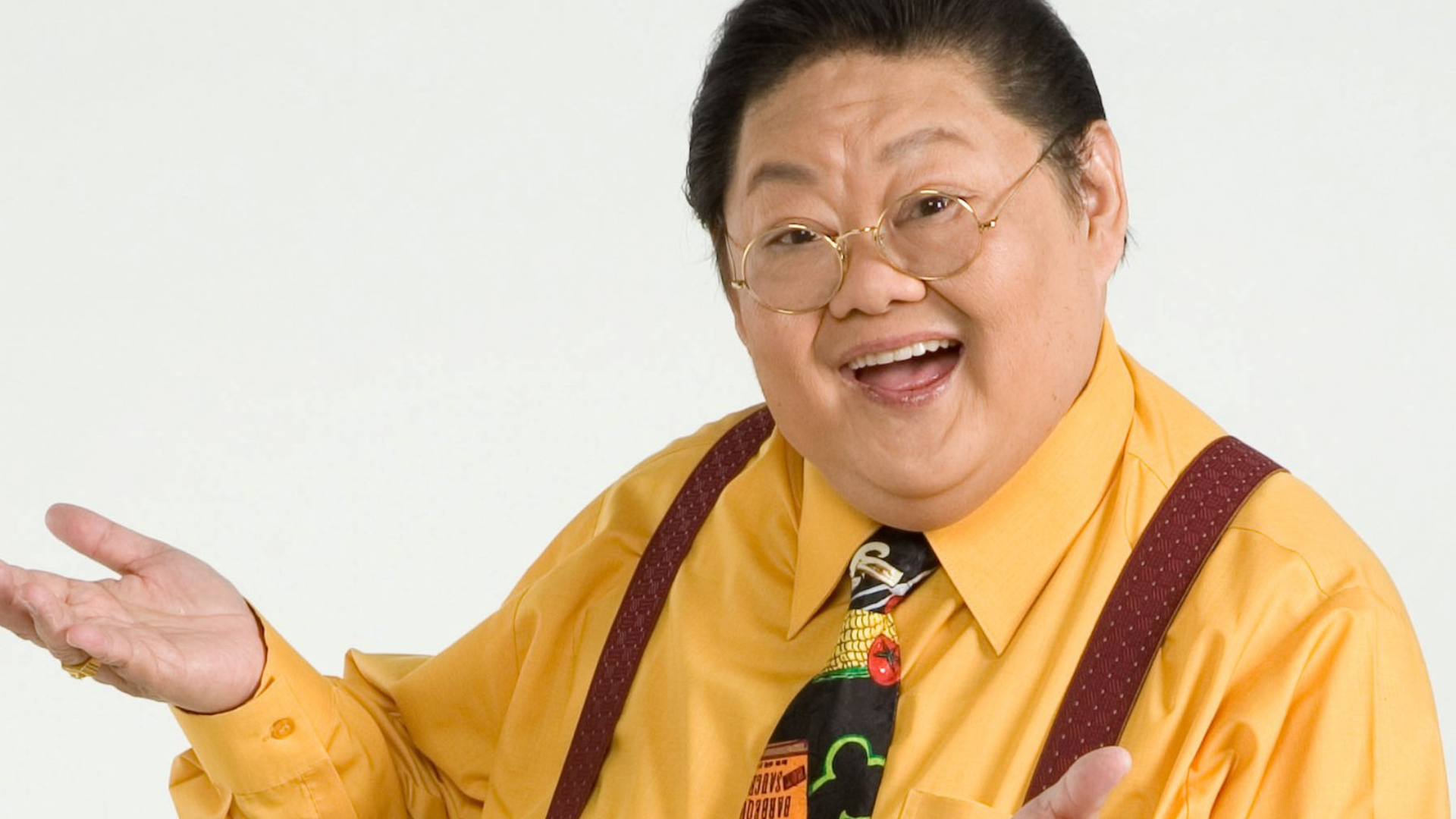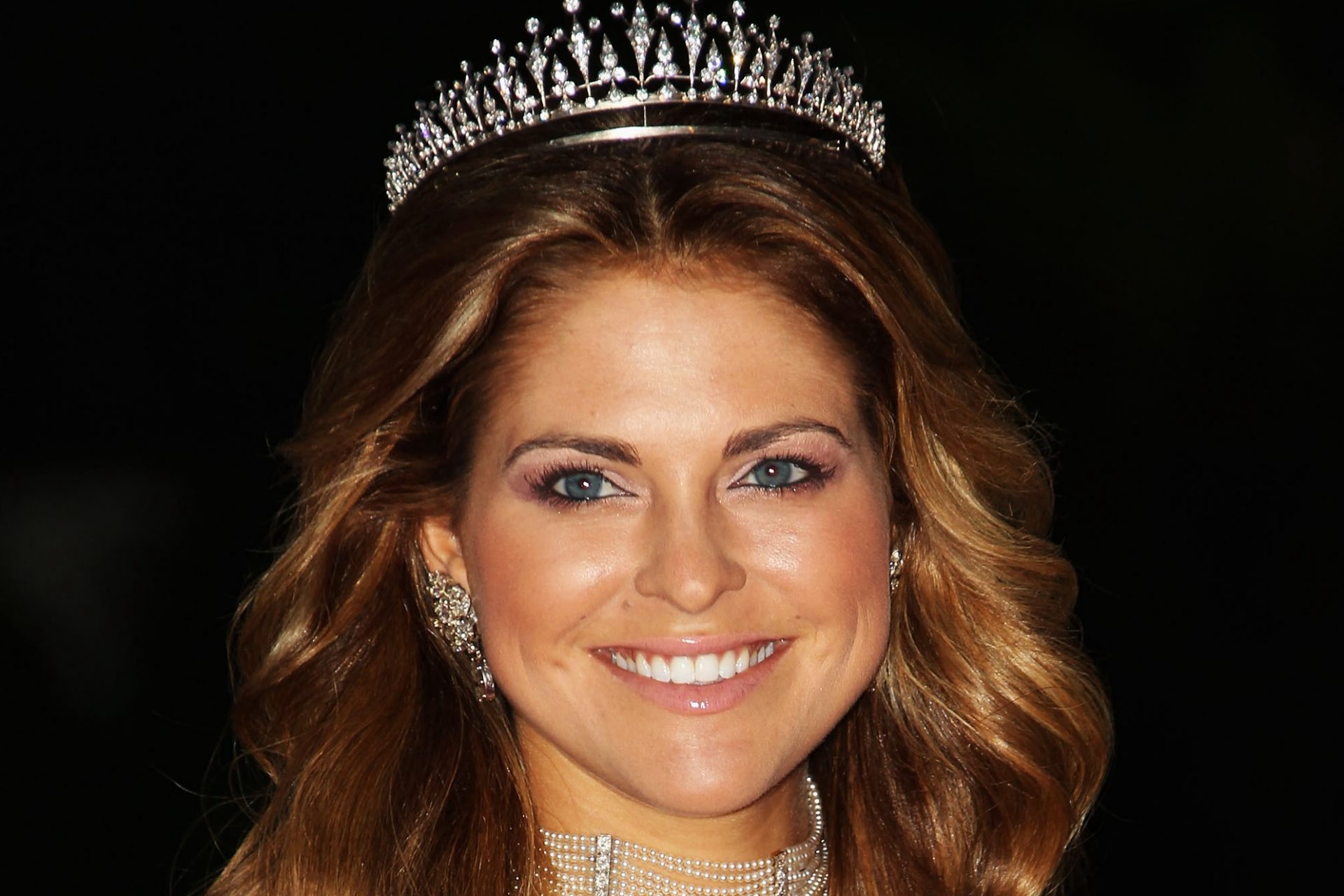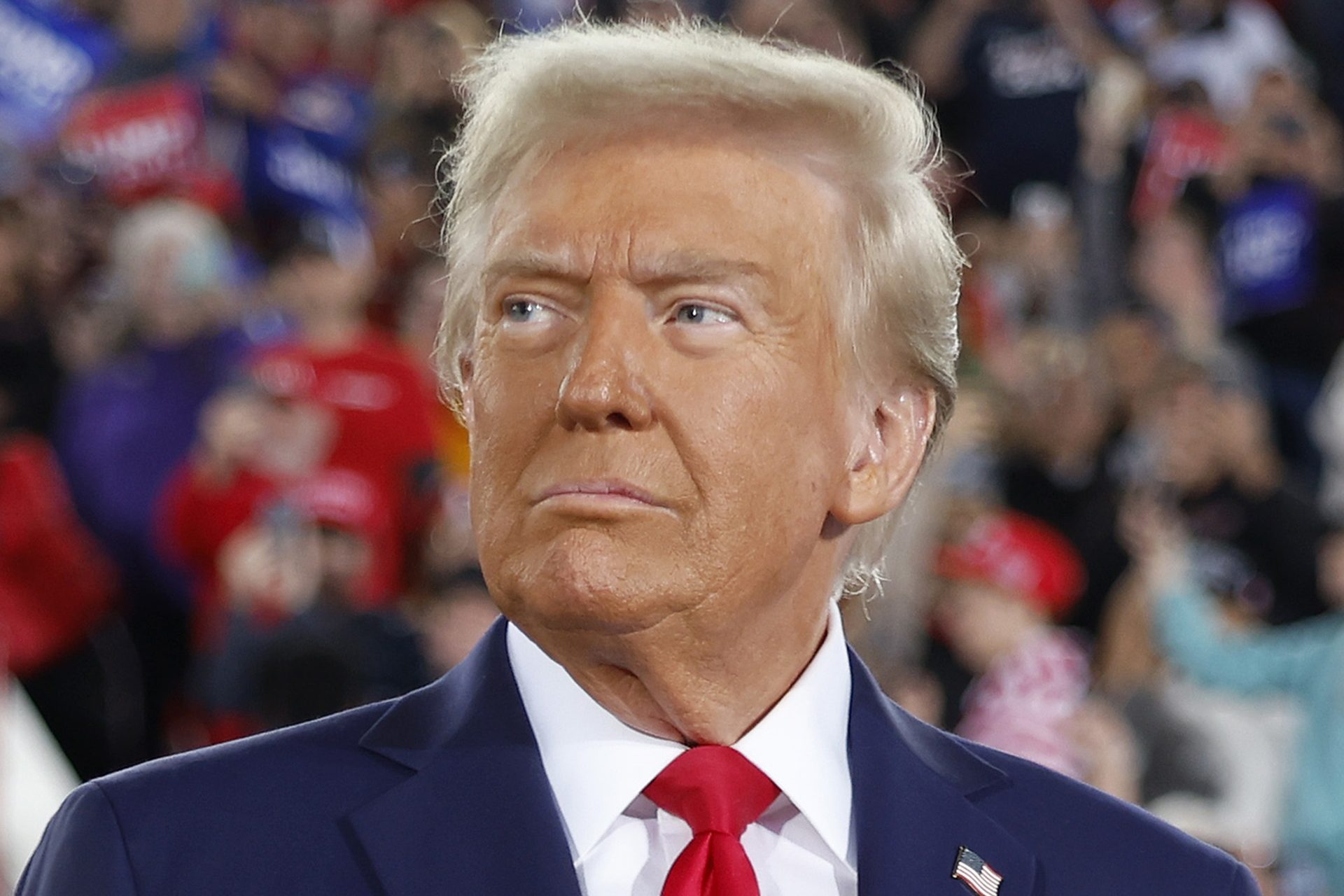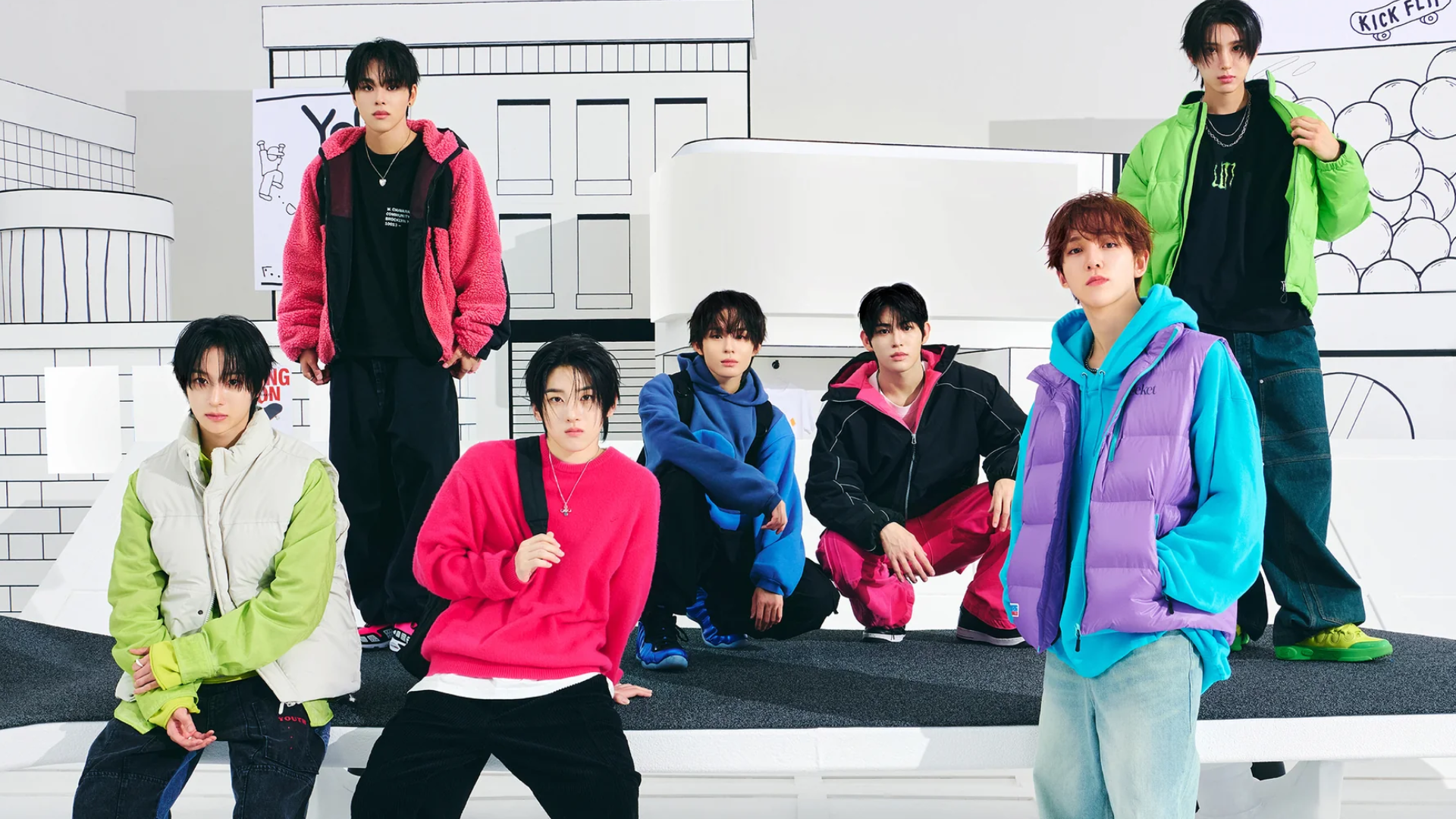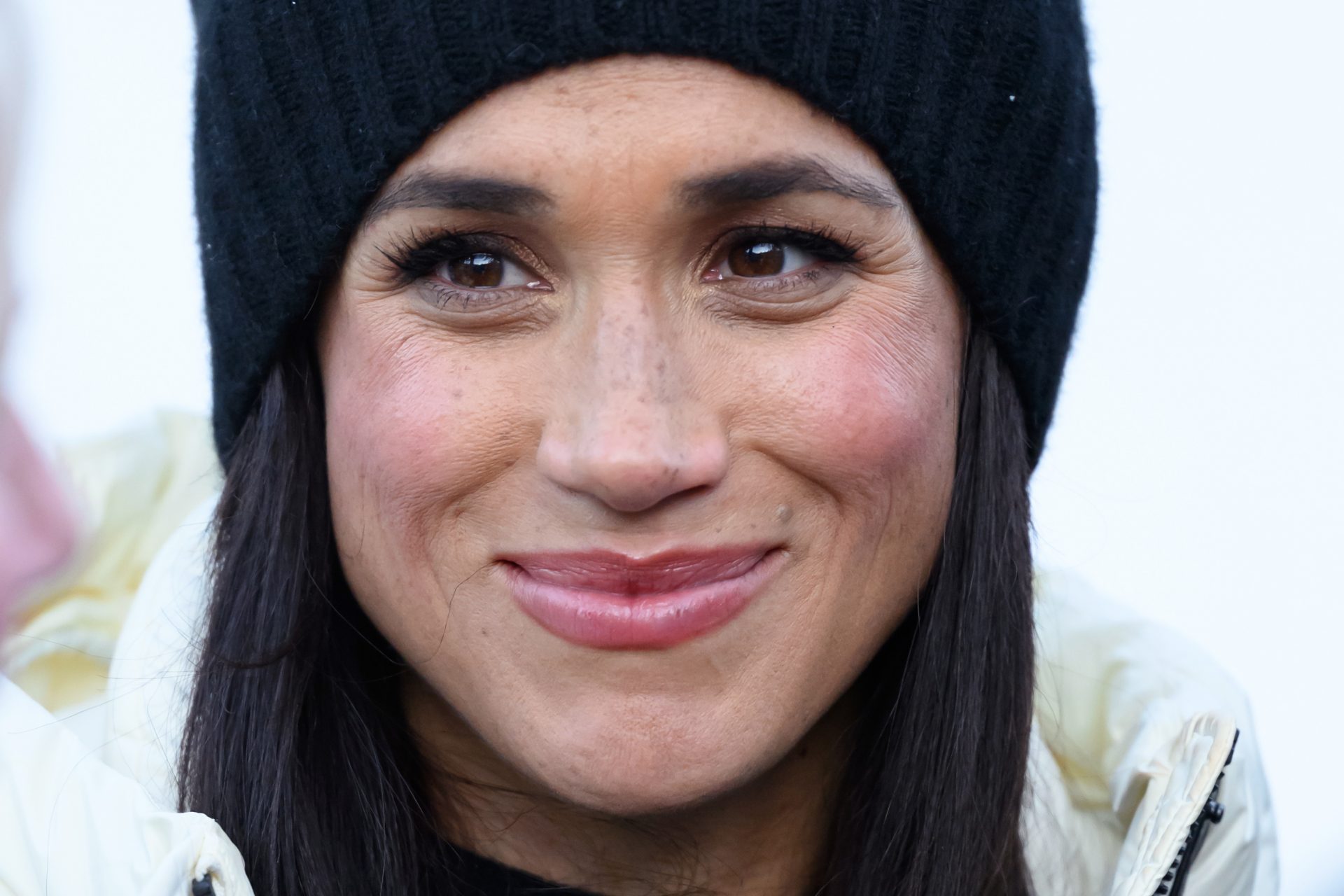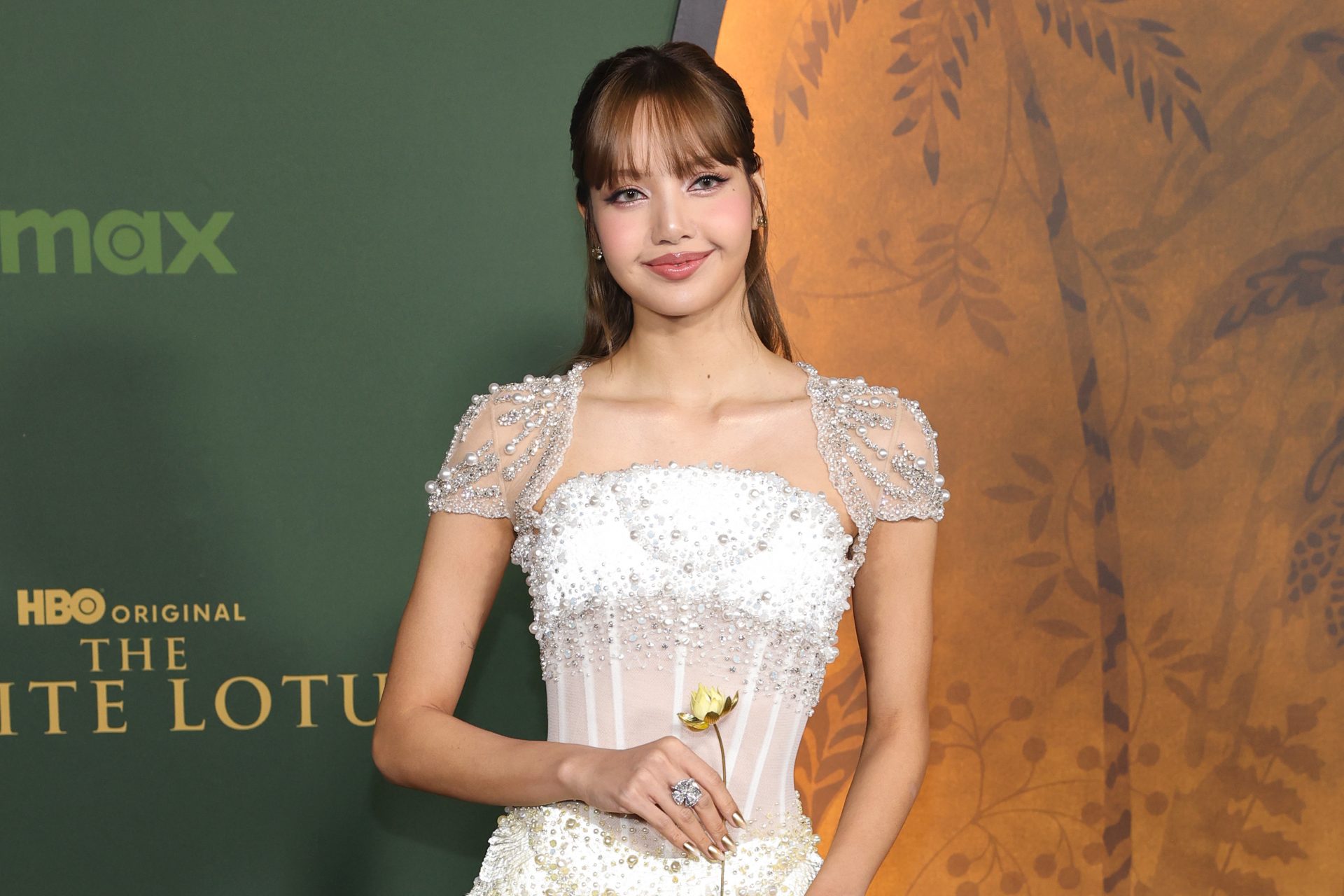Alexandra Reid, the first black woman to become a K-pop idol
In 2015, Alexandra Reid became the first African American female idol in the K-Pop industry. Her journey through a tight and often complex industry was bumpy, but she helped pave the way to more diverse and conscious ways.
Photo: 147 Company / Wikimedia
Right now, Reid is working on two books inspired by her experience in Korea. A memoir and a young-adult novel. According to her social media posts, she expects to release them next summer.
Image: @thealexreid / Instagram
Reid had a somewhat different journey from her fellow idols. She joined Raina in 2015 with previous dancing and singing experience. A South Korean music label scouted her in a songwriting camp in L.A. and signed her. This is different from how K-Pop idols typically begin: they spend months or years training with a company before their debut.
Image: @thealexreid / Instagram
Rania was a K-Pop group making a comeback after a convulse couple of first years. It belonged to D.R. Music and was known for the unusual amount of line-up changes and inconsistency it faced. When Reid joined, five of the eight original members had left the group in four years.
Image: @thealexreid / Instagram
Reid told Vice News in a recent interview: "skipping training put me in an awkward position to the rest of the group. It made me the exception: the lucky one who didn't have to do anything to be there." She did not learn Korean, and that led her to feel isolated. The company failed to provide her with a translator, and she was often lost about schedules. "I was alone during the whole experience," she said during a panel at KCon 2018.
The company staff was unprepared to receive Reid and fulfill her style needs. During the 2018 KCon, she shared her experience with hair and makeup: "I felt them putting it off to one another, and with my hair, they didn't know what to do with it. They didn't have my color. They used what they had and put bronzer in it, but I was still way lighter." She eventually decided to do her makeup and agreed to straighten her hair.
Image: @thealexreid / Instagram
"That made me feel bad every day because I could hear chit-chatter in Korean about how they did not want to touch me," Reid continued. The singer also pointed out that she was not getting the same outfits as her groupmates, even when they were tailormade. The singer claims she had to hear comments about how on her some clothes didn't look "good."
Image: @thealexreid / Instagram
Reid stood out from the other girls due to their styling problems. In 2019, she told Youtuber Grazy Grace that looking different constantly made her gain more attention. She believed that took a toll on her relationship with the other girls. Fans also wondered why she was left out of most choreographies and stage performances.
Image: @thealexreid / Instagram
Despite these problems, Reid said she felt really welcome in the company during the group's first year. Problems started when she was named leader the following year, in 2016. However, she still was not included in some videos and choreographies. The singer started believing she was selected as a gimmick: "I was front-center in every photo shoot, but then in stage, I was gone after a minute. Fans were confused."
Image: @thealexreid / Instagram
Reid has pointed out in many interviews that Korean fans always made her feel welcome. "It was a matter of talent for them, never skin color," she said during K-Con in 2018. But ultimately, the idol decided to leave the group because the accumulation of problems affected her health.
Reid finally left the group in 2017, claiming health issues due to stress and pressure. The singer has hinted that the experience was challenging due to how demanding the industry is of idols. "I think it's a manipulative tactic to call a girl a diva for asking for regular things or putting her needs out in the forefront," she told Vice.
Image: @thealexreid / Instagram
The Korean music industry is very different from what the occidental artists are used to. K-Pop has a very different operation: companies own the groups and hold auditions to decide on the members and replacements. Idols sign rigorous contracts, and things like dieting, dating, or schedules are tightly controlled by managers.
K-Pop is notoriously homogeneous, with mostly South Asian idols. However, the fan base has expanded throughout the world. This has led to followers ─who strongly influence album promotion─ having a say in the industry's lack of acknowledgment of where it took its inspiration: Hip Hop, R&B, and pop.
"Their music is Black-inspired," Reid told The Washington Post in 2020. "It's one thing to talk, and it's another thing to literally put your money where your mouth is," she said, referring to the Black Lives Matter movement. A big part of the industry's fan base pushed idols to take a stand for racial justice.
According to The Washington Post, the campaigns and pressure from fans led important K-Pop groups like BTS and their label, Big Hit Entertainment, to donate $1 million to Black Lives Matter. Korean American rappers and musicians also pressured the industry to change.
Reid praised the small changes the industry has been taking in the past few years. She also told Korean New Agency Yonhap News that she was proud of her part. "It is so powerful to have the opportunity to inspire others. That was so much louder to me than the hate. K-pop is truly the ultimate pop as far as I'm concerned, and if I can open that door for all shades and colors, then that's the greatest accomplishment I could ever hope for."
Image: @thealexreid / Instagram
But the singer also admitted to Vice News the hardship of taking on such a commitment. "It was such a focal point in every press release, and it was something I wasn't prepared for," she said. On the other side of the world, her former group ─ now called Blackswan ─ has become one of the most diverse in the industry, with no Korean members.


















